Raccoons can be an annoying pest and cause extensive property damage. Furthermore, they pose a danger by spreading diseases like rabies and other illnesses to humans.
If you are facing a raccoon problem, there are several steps you can take to eliminate them. These include taking away easy food sources and securing areas used as shelter.
Damage to Property
Raccoons can cause extensive destruction to your property, from ripping shingles and pulling off fascia boards to prying open attic vents and dislodging window and door screens.
They can chew through ductwork and insulation, destroy wooden beams, storage boxes and other parts of your attic space. This leaves your home vulnerable to elements and pests while making it more expensive to heat and cool.
Landlords should inspect their properties several times a year for signs of raccoon infestation. Doing this can save them thousands of dollars in repairs after an infestation.
Health Hazards
Raccoons can cause extensive property damage and health risks. They carry diseases such as rabies, canine distemper, roundworms, and leptospirosis – all of which pose risks to human wellbeing.
Raccoons not only spread diseases but can also damage garden plants and crops. To avoid this, homeowners should keep raccoons out of their yard and never leave food out for them.
Raccoons that visit your home may bring with them parasites and viruses that can harm pets, particularly small dogs. Furthermore, rabies is spread when an infected animal bites or scratches someone.
One of the greatest risks is an infection with Baylisascaris procyonis (Raccoon Roundworm), which can be deadly for humans. When consumed, these eggs hatch and spread throughout your body until reaching your brain or other vital organs – this condition is known as visceral/ocular larvae migrans or V/OLM for short.
Nesting Sites
Raccoons are highly adaptable pests that often establish dens near gardens and homes. By nature, they scavenge for food items like insects, fruits, vegetables, and nuts – often leaving behind behind an empty stomach.
Racoons have the capacity to enter houses and outbuildings to raid garbage cans. If you’re having issues with this pest species, contact a certified racoon exterminator for safe and humane removal of the pests.
Female raccoons prefer dark, quiet places to give birth and raise their young. Popular nesting locations include attics, crawl spaces, and sheds.
Once inside a property, pests can cause extensive harm. They chew electrical wires, destroy insulation and contaminate the premises with urine and feces.
Cleanup
Raccoons can be a real nuisance and cause considerable destruction to homes. Attracted by food and shelter, these pests will raid trash cans, chew through shingles and vents, and enter attics in search of a place to nest.
They also carry diseases which can be transmitted to both people and pets, especially rabies.
If you come across raccoon feces or urine on your property, avoid touching it. Much of animal waste can be hazardous when touched, ingested or inhaled so be cautious.
Raccoons will leave feces and urine on your roof or deck that must be cleared away immediately. These contain the eggs of a roundworm known as Baylisascaris procynis, which is deadly to both humans and animals alike.
